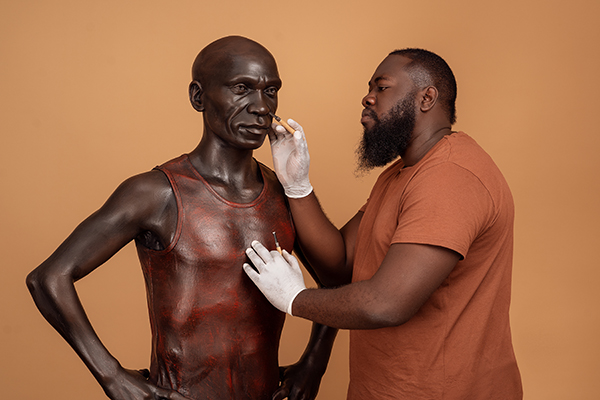Zimbabwe formulates plan to deal with drug resistance
Zimbabwe is formulating strategies to deal with drug resistance. There have been complications in combating some infectious diseases caused by microbes, such as bacteria, viruses, fungi or parasites, such as tuberculosis, malaria and HIV.
Speaking at a workshop running under the theme Development of Anti-microbial Resistance One Health Action Plan for Zimbabwe, Health and Child Care deputy minister Aldrin Musiiwa said the issue of anti-microbial resistant drugs needed to be addressed urgently.
“We have noted emerging cases of multiple drug resistance among TB and malaria patients. There has also been resistance to first or second line medicines for HIV, forcing us to change to more expensive medications,” he said.
In a presentation, World Health Organisation official and medical doctor, Stanley Midzi, said nearly 700 000 people around the world die each year because of drug resistance.
Midzi said if unchecked, the figure could rise to one million deaths per year with medical costs rising by more than $100 trillion, as more expensive drugs would be used.
Musiiwa said if action was not taken soon, more people could die from drug resistance rather than from the actual diseases.
“Anti-microbial resistance is like a time bomb, soon going to be causing more deaths than the HIV pandemic and TB infections combined in sub-Saharan Africa if left unattended. The situation needs to be corrected now, not tomorrow,” he said.
Musiiwa said anti-microbial drug resistance affected all infectious diseases that were caused by microbes, which are bacteria, viruses, fungi or parasites.
CCTV’s Kathrine Ogunde has more on this story.






